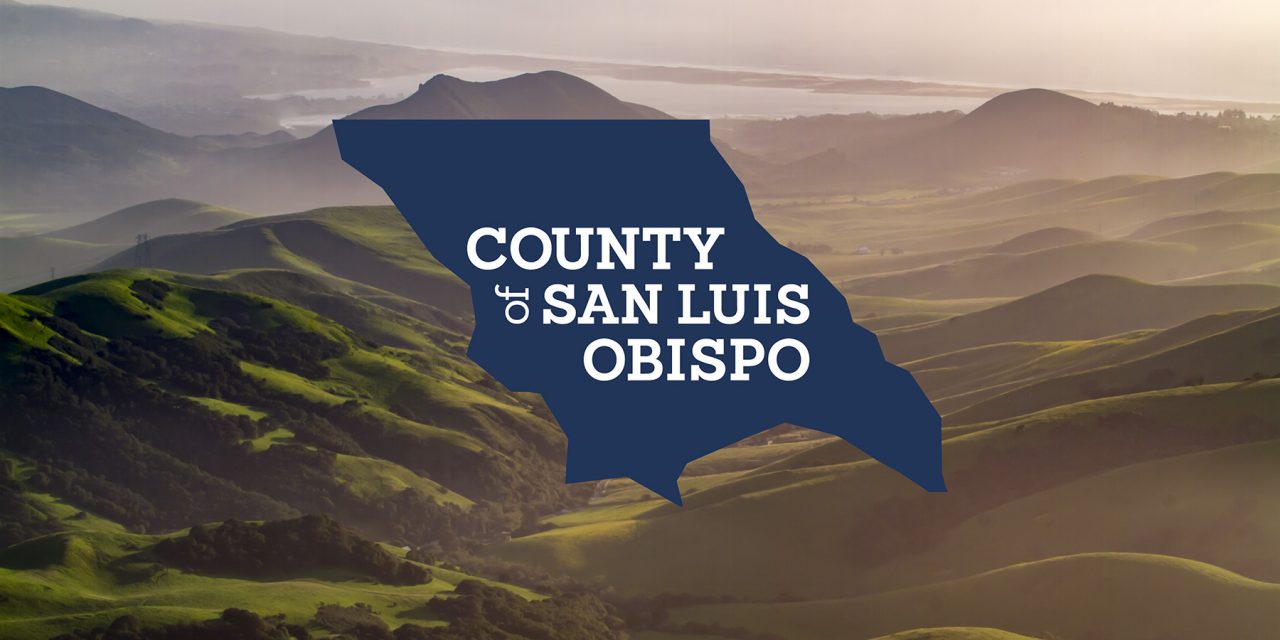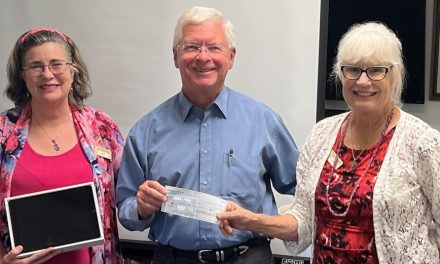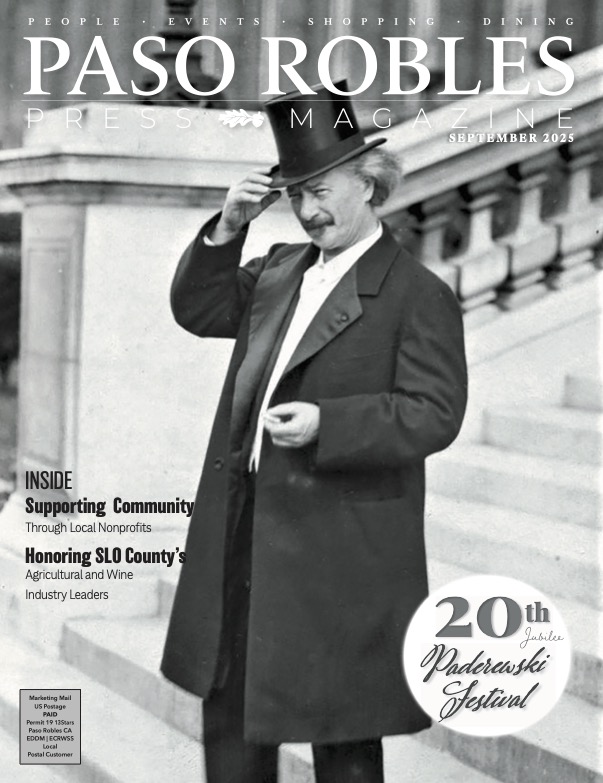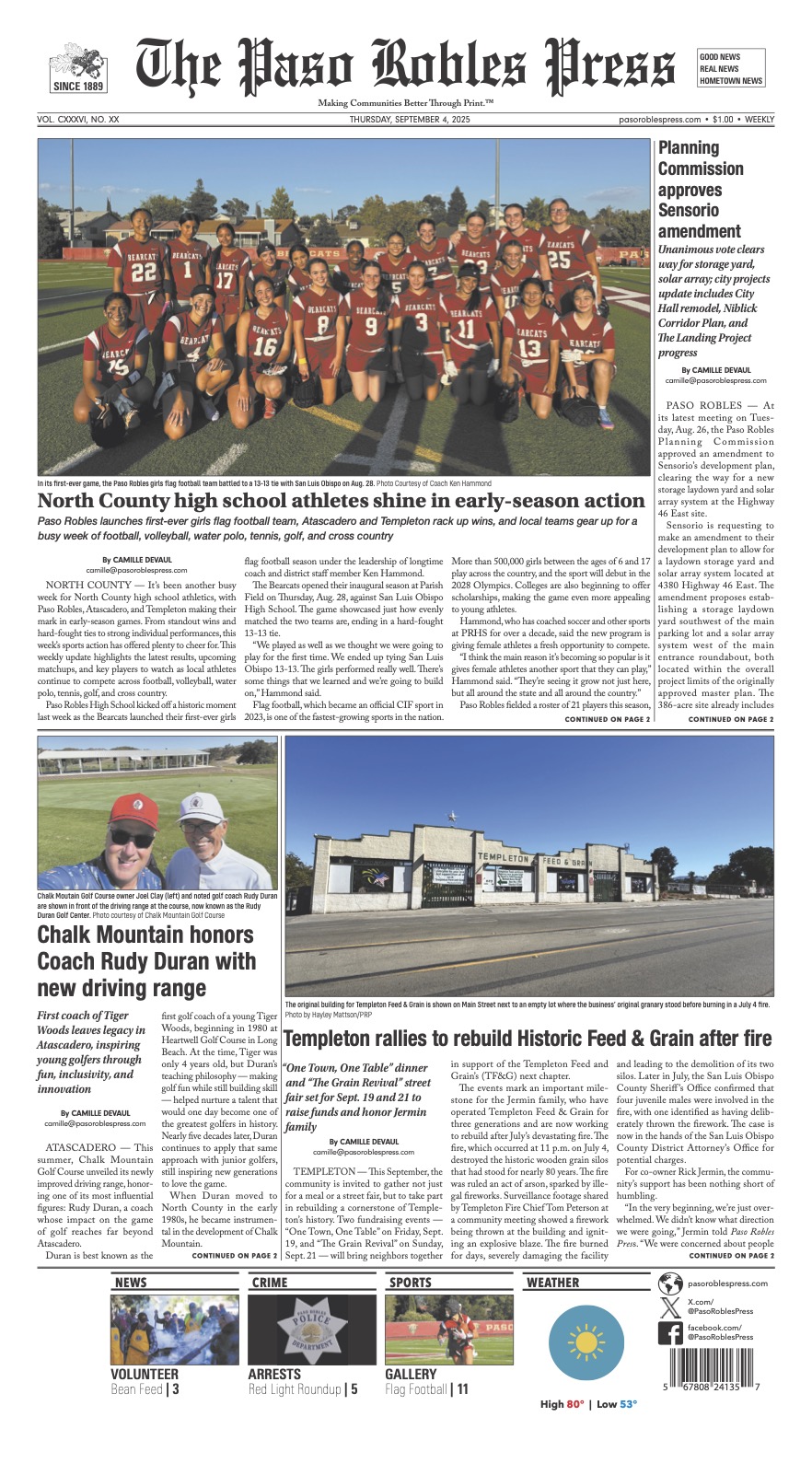SAN LUIS OBISPO — The San Luis Obispo County Behavioral Health Department published an evaluation of Mental Health Services Act (MHSA)-funded Innovation programs for the fiscal years of 2016-2020. This evaluation was conducted by faculty and students from the Master of Public Policy program at California Polytechnic State University (Cal Poly) at San Luis Obispo.
The Mental Health Services Act “Innovation” component allows counties to test new models and practices that address service gaps and other problems within the local mental health system. These projects are short-term — usually three years — and require extensive community input, data collection, and a thorough evaluation.
An Innovation project is designed mainly to contribute to learning, rather than simply providing a service. It was fitting, then, for the County to partner with a local institution of higher education to examine the efficacy and results of these four projects:
• Transition Assistance and Relapse Prevention (TARP) was designed and implemented in the tradition of the Full-Service Partnership (FSP) model of recovery, emphasizing supported recovery.
• Creating Opportunities for Latinas to Experience Goal Achievement (COLEGA) was a county government initiative with resources contracted through Stand Strong, a local resource and support organization for domestic violence survivors.
• Not For Ourselves Alone (NFOA) provided practical tools that participants could use in their daily work based in principles of trauma-informed care. However, the principal goal of trauma-informed care is somewhat broader.
• Implemented by Wilshire Community Services, Inc., the Late Life Empowerment and Affirmation Project (LLEAP) aimed to provide older adults with mental health services and tools to help them become head of their household and feel self-empowered after the loss of a spouse.
Cal Poly’s Master of Public Policy program was awarded a contract with the County to conduct this evaluation. Over the past year, they have interviewed program participants, reviewed program data, and made recommendations for projects going forward.
The Innovation Evaluation is available here: Innovation Evaluation 2016-2020. It is being published as part of the County’s Annual Update and Three Year Plan for 2020-2023.















